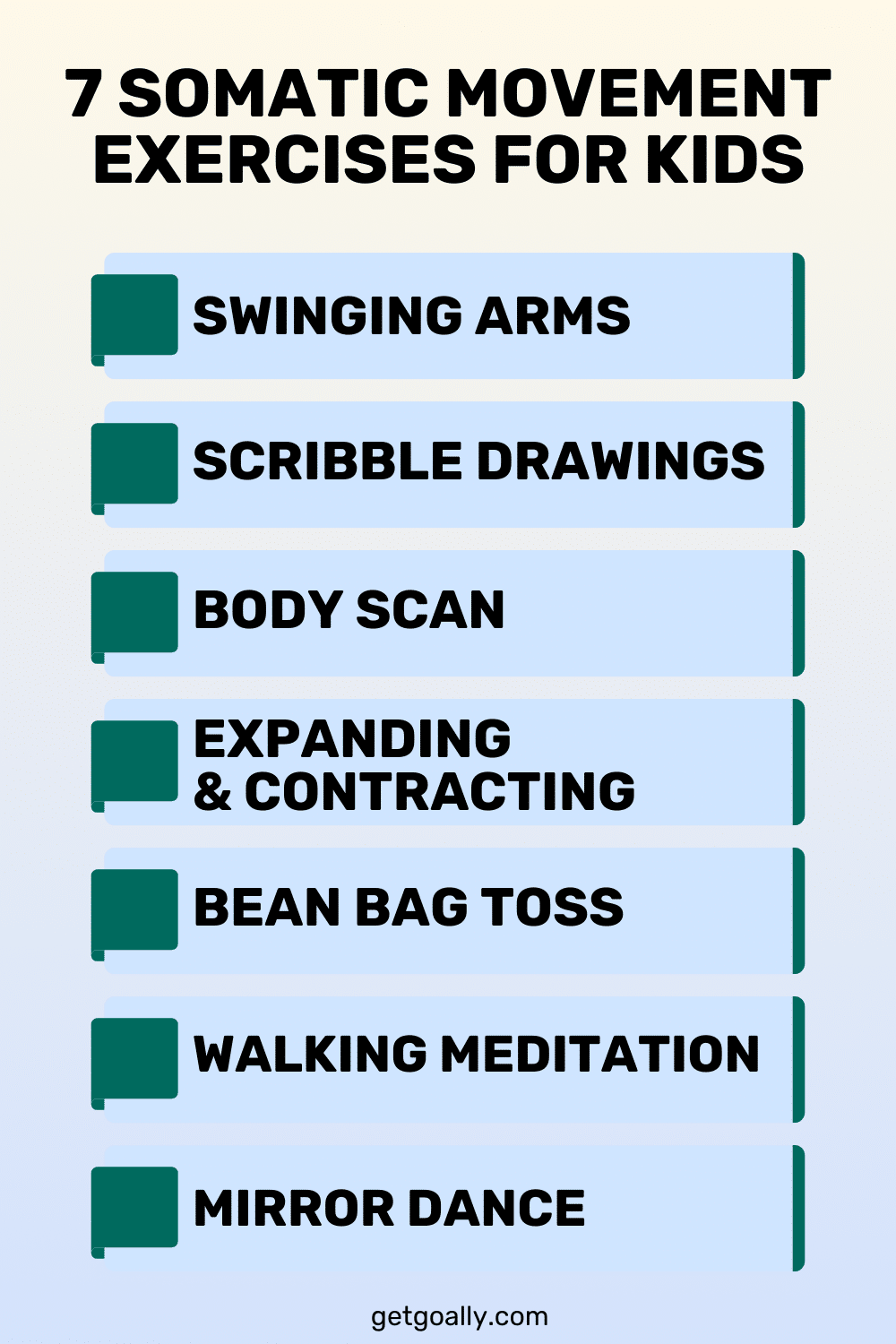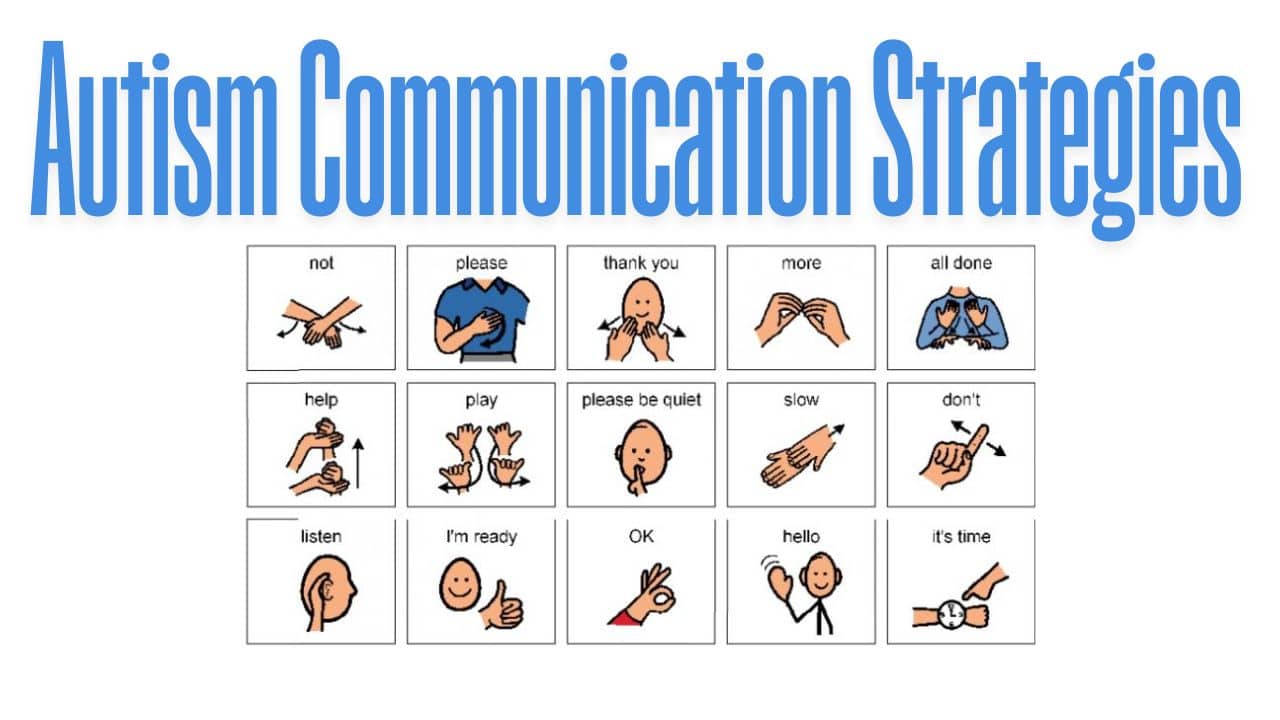PMD has a range of signs that may differ from person to person. Knowing these signs can help in managing the condition better.
- Struggle with movements: Difficulty in moving arms and legs smoothly.
- Speaking troubles: Need help to form words clearly.
- Shaky eyes: The eyes may move rapidly without control.
- Breathing hiccups: Trouble with breathing, especially in severe cases.
- Difficulty swallowing: Challenges when eating or drinking.
Symptoms can vary widely, and knowing what to look for will make supporting your child’s journey easier. Goally, with its interactive apps, can make mastering life skills and language enjoyable for kids with PMD, easing their daily journey.












